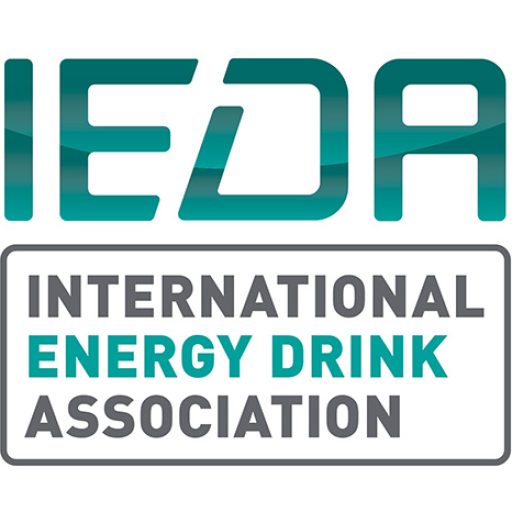Facts & Curiosities About Energy Drinks
Safe or not? According to science: Yes!
Every energy drink available on the market is safe for consumption.If it weren’t, authorities would have already pulled it off store shelves.So, when you drink a legally sold energy drink, you can be sure it contains only approved, safe ingredients!
B-Vitamin Bomb in a Can!
Just one can of energy drink contains as much B-vitamin as:
- 3.6 kg of carrots,
- 1.7 kg of broccoli,
- 2 kg of spinach
That’s enough to cover your recommended daily intake.
B vitamins are essential for a healthy nervous system and metabolism, so energy drinks don’t just give you energy and alertness — they deliver key vitamins too!
The Scientific Name of Caffeine: 1,3,7-Trimethylxanthine
Whether caffeine comes from coffee or an energy drink, it has the same effect: It can boost focus and alertness, increase stamina and strength, elevate mood and reduce the risk of depression, and may help prevent Alzheimer’s and Parkinson’s disease. It can also lower the risk of type 2 diabetes and benefit skin and hair health.
Caffeine is More Than Just a Pick-Me-Up!
Caffeine doesn’t just help you stay awake — it can also:
- Improve concentration and mental clarity
- Increase endurance and physical performance
- Elevate mood and reduce depression risk
- Help prevent Alzheimer’s and Parkinson’s
- Help prevent Alzheimer’s and Parkinson’s
- Lower the risk of type 2 diabetes
How Much Caffeine Is Safe Per Day?
According to the largest caffeine study ever conducted (66,531 participants),
the European Food Safety Authority (EFSA) concluded that a healthy adult can safely consume up to 400 mg of caffeine per day — which equals about 5 cans (250 ml) of energy drink.
Coffee or Energy Drink — What’s the Difference?
One energy drink contains about the same amount of caffeine as an espresso,
but energy drinks come in many different flavors.
So if you’re tired of coffee’s monotony, energy drinks offer a flavorful new experience — with the same kick of alertness.
Sugar = Energy!
Sugar is one of the body’s fastest sources of energy.One can of energy drink contains about 26 g of sugar,which is half the amount found in a 500 ml bottle of cola (about 55 g).
How Fast Does an Energy Drink Work?
As soon as you drink one, both the caffeine and sugar are absorbed within minutes. The energizing effect kicks in within 10–20 minutes, and can last for up to an hour.
Not Recommended for Children!
Whether it’s coffee, cola, or energy drinks — none are suitable for children, as all contain caffeine.For healthy adults, however, up to 400 mg of caffeine per day is safe — that’s equivalent to 5 cans of energy drink.
Each Beverage Has Its Own Purpose:
- Sports drink = Fluid and electrolyte replenishment
- Soft drink = Refreshment
- Water = Hydration
- Energy drink = Alertness and fast energy — with added vitamins!
Where Were Energy Drinks Born?
The first-ever energy drink was released in Japan in 1962 under the name Lipovitan-D. It quickly became a hit with hardworking Japanese consumers — and is still seen today as a trusted source of energy and alertness.
Is There an International Energy Drink Day?
Yes — and it’s no coincidence that it falls on the year’s longest night. That’s when we need the most extra energy to stay awake!
Alcohol and Energy Drinks — What Does Science Say?
According to the EFSA’s massive study (66,531 people), the typical ingredients found in energy drinks do not cause harmful interactions with alcohol — in healthy adults. Still, moderation is always important.
Children Get Most of Their Caffeine from Coffee — Not Energy Drinks!
A 2025 study on caffeine intake among minors found that the main source of caffeine for those under 18 is coffee.
They consume more than twice as much caffeine from coffee than from tea and energy drinks combined.
Energy Drink vs. Cola: Sugar Content
A recent study comparing sugar content in popular beverages found that:
A 250 ml cola and a 250 ml energy drink contain almost the same amount of sugar
A 500 ml bottle of cola contains twice as much sugar as one can of energy drink
The most popular size of cola (1.75 liters) contains seven times more sugar than a standard 250 ml energy drink
